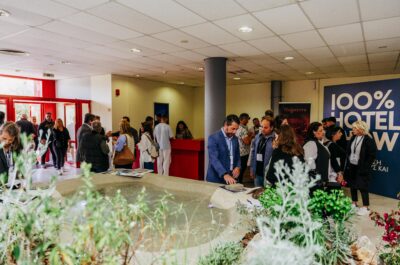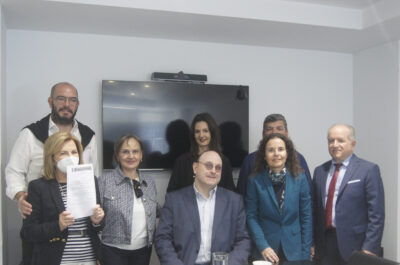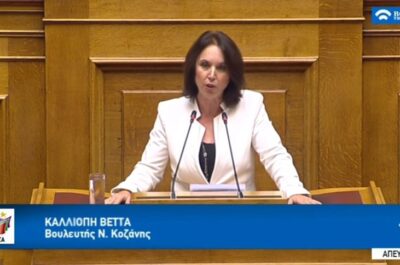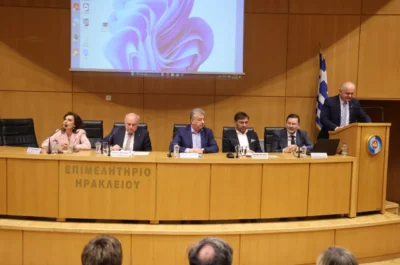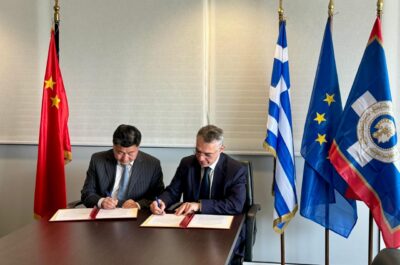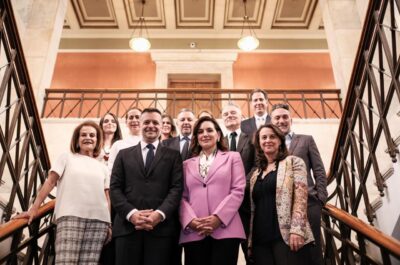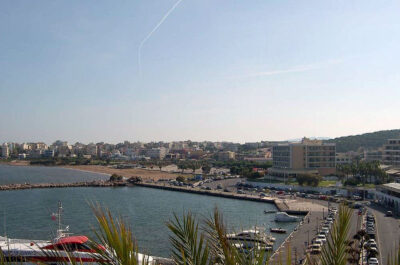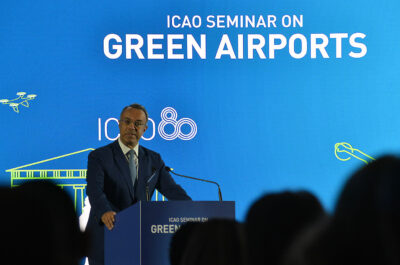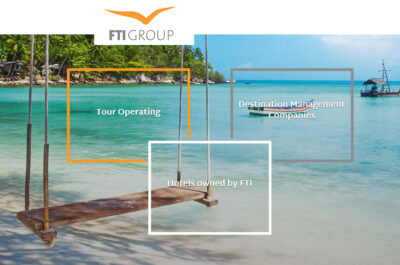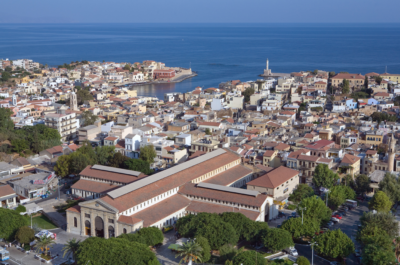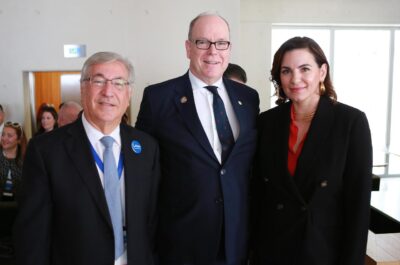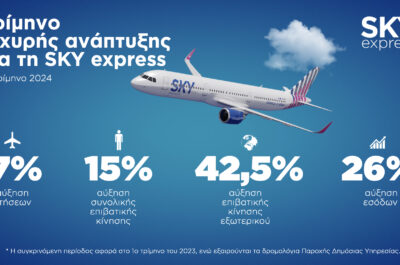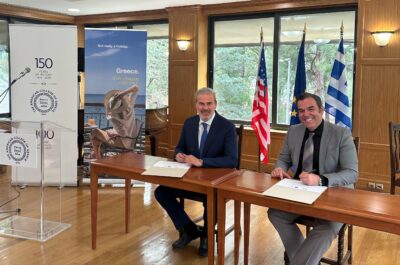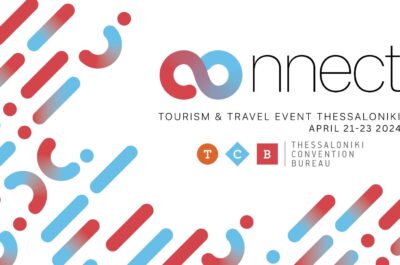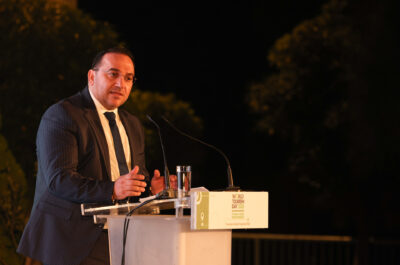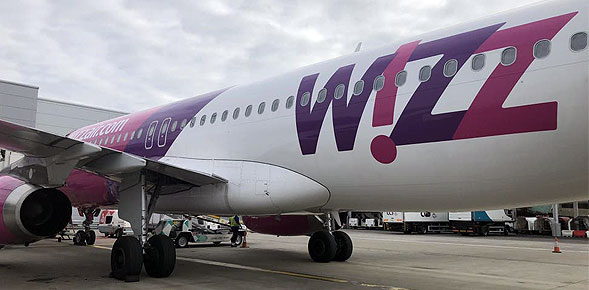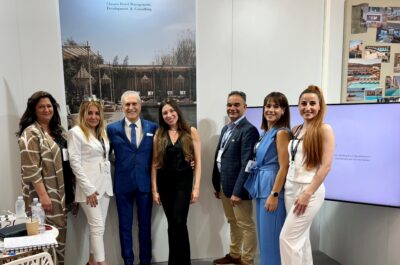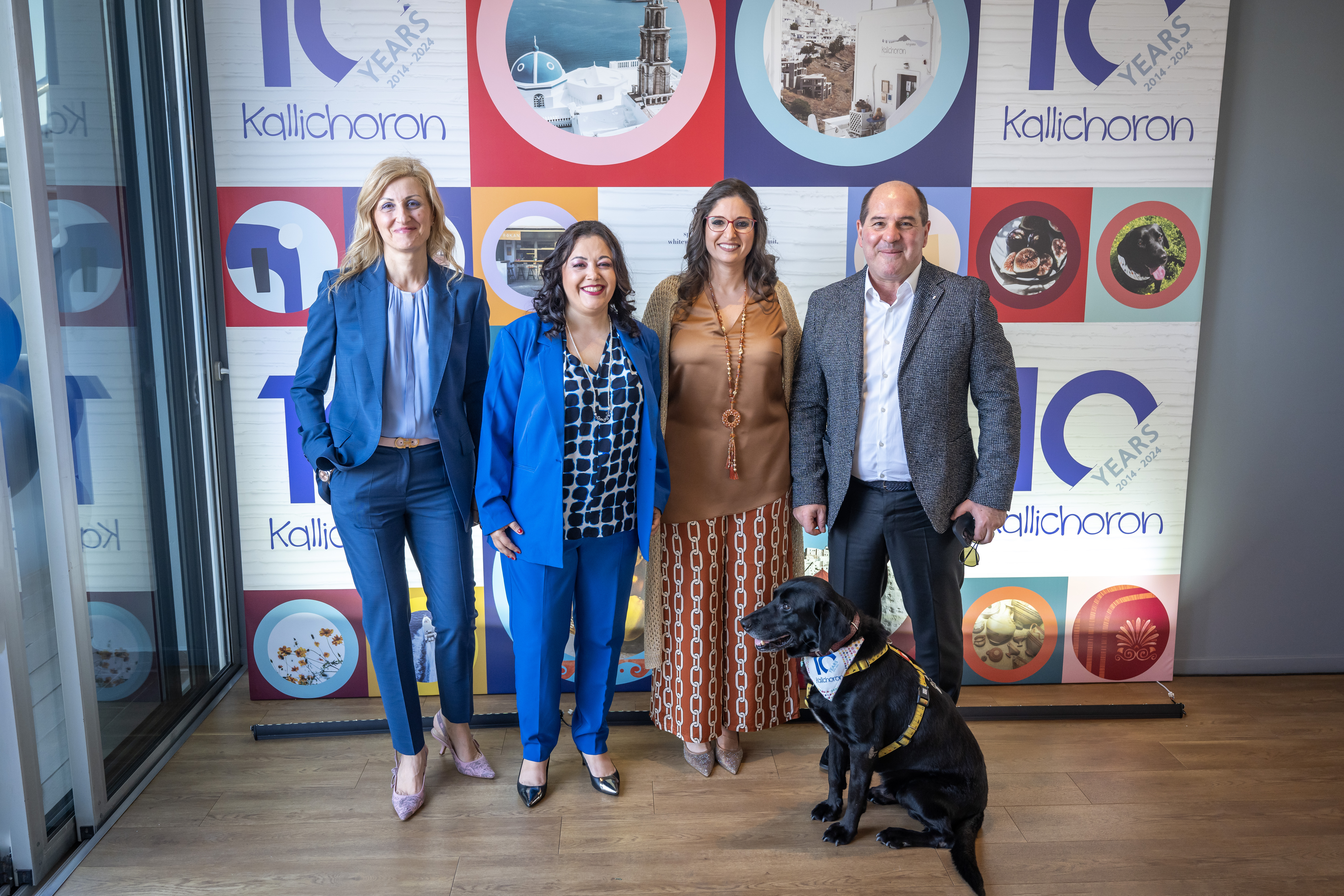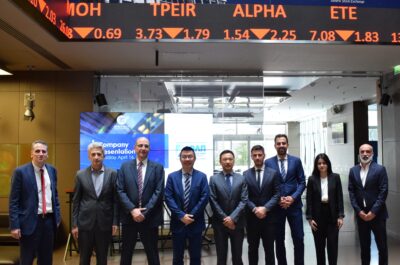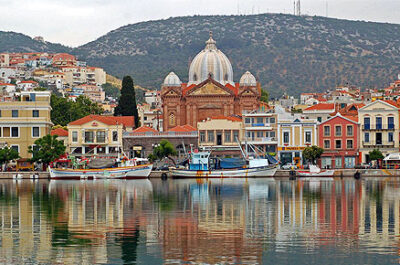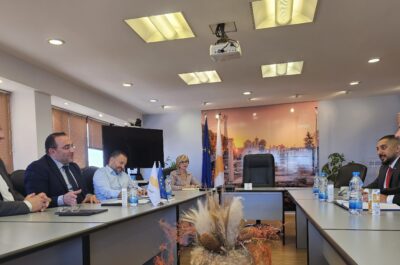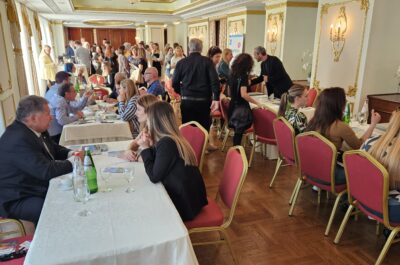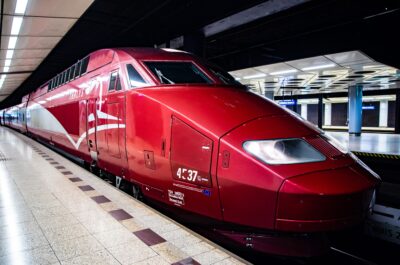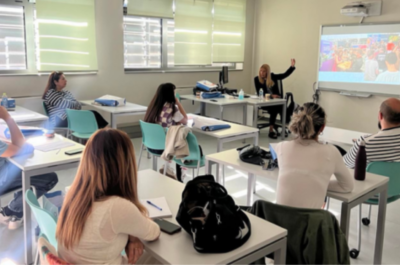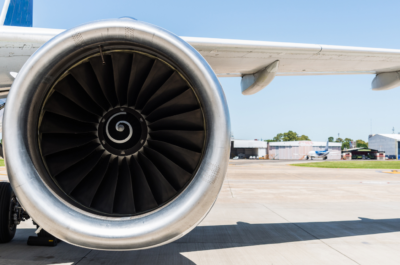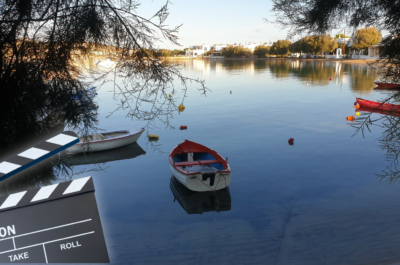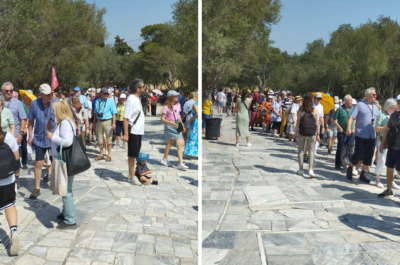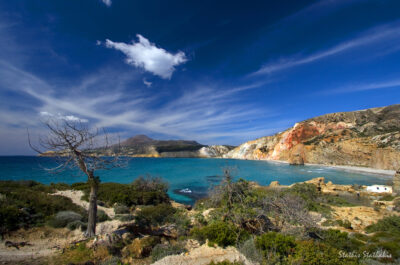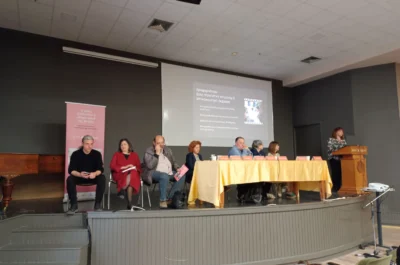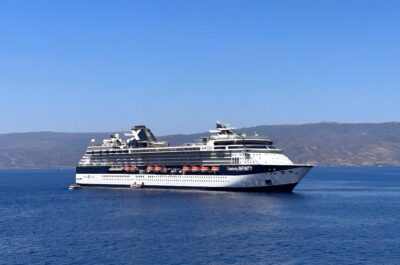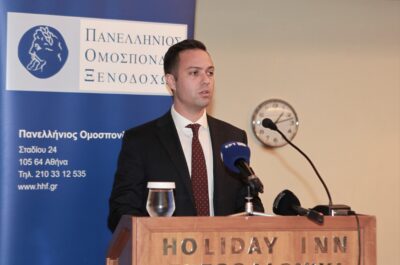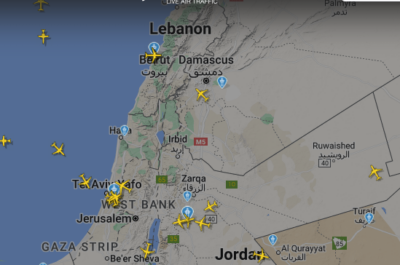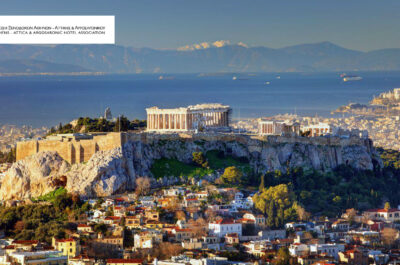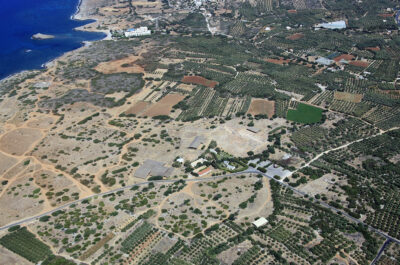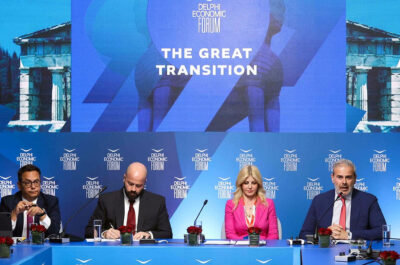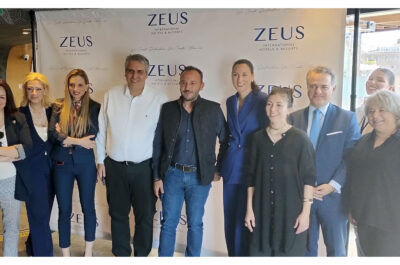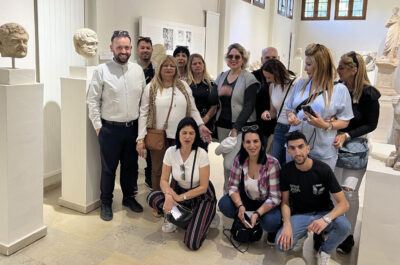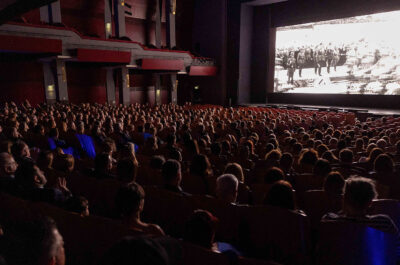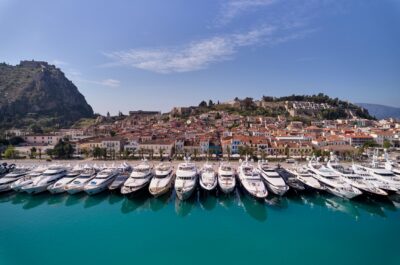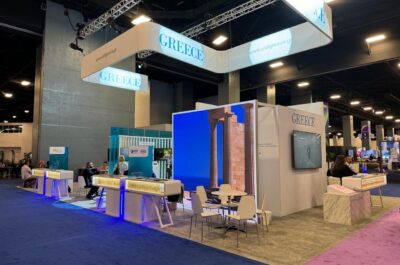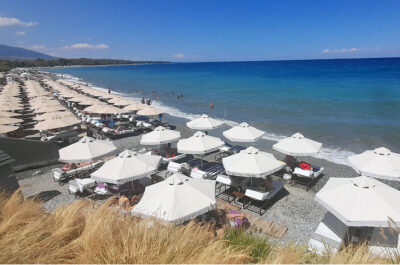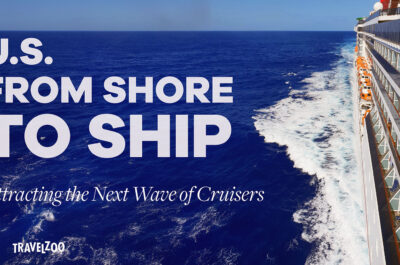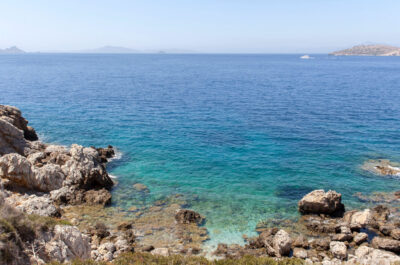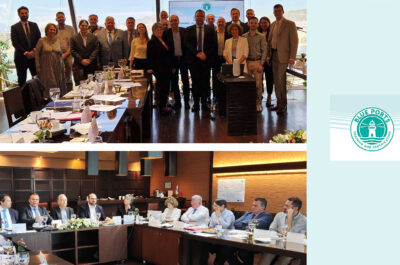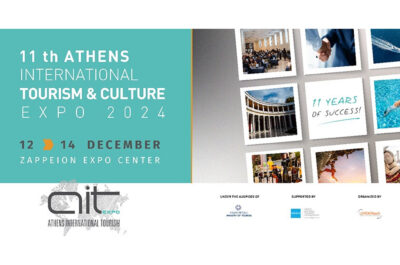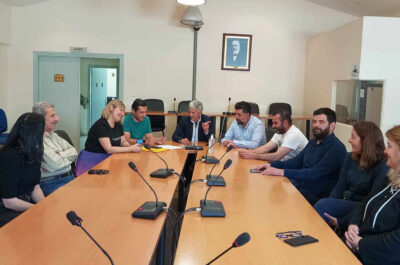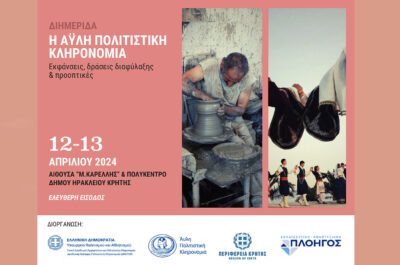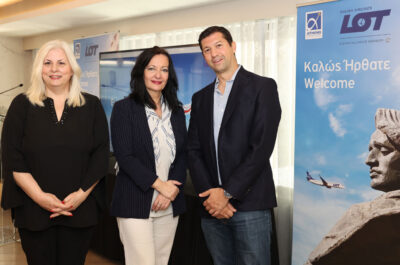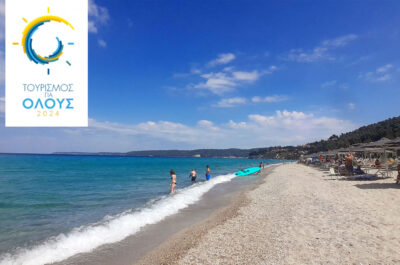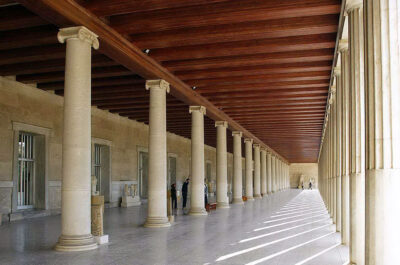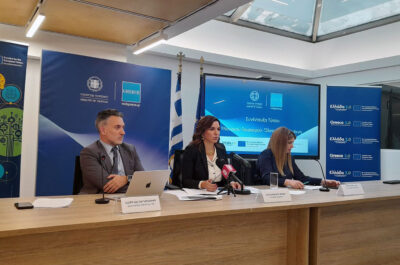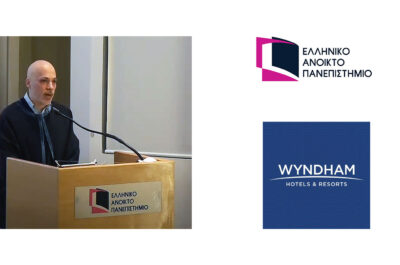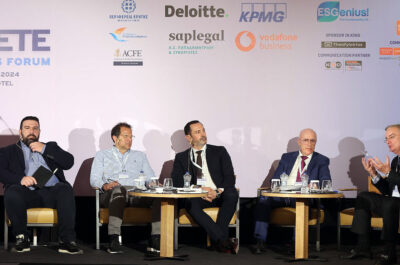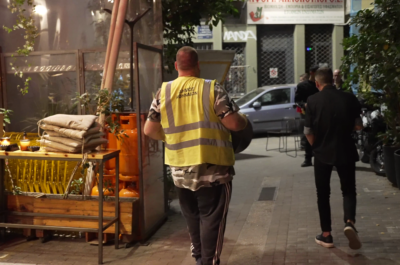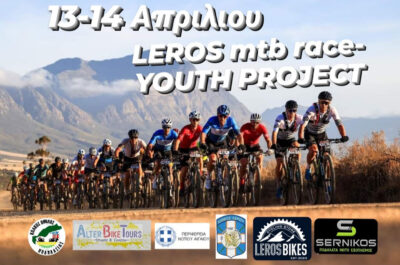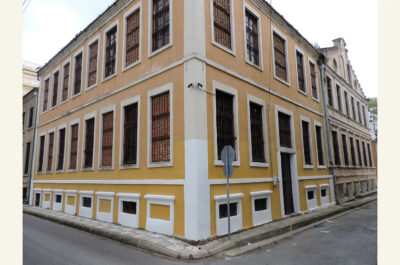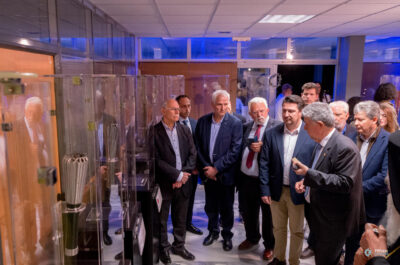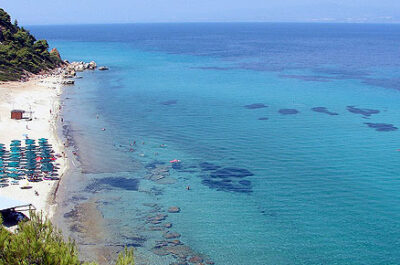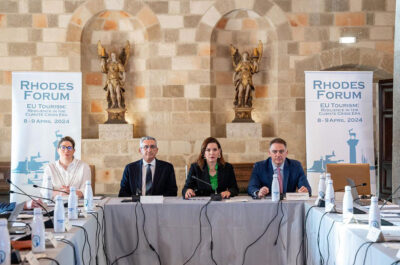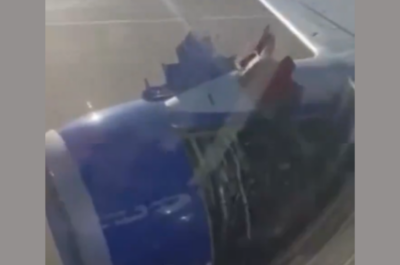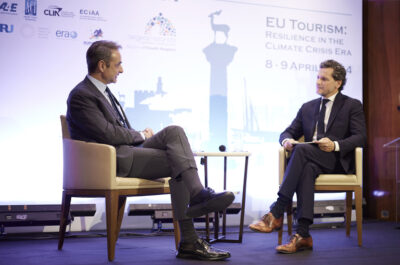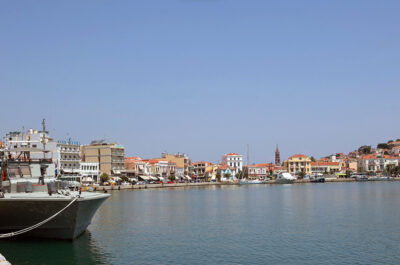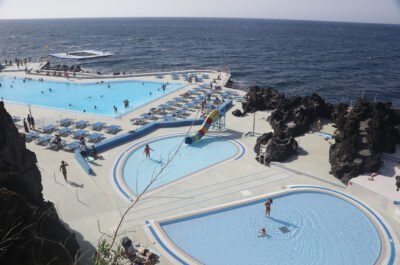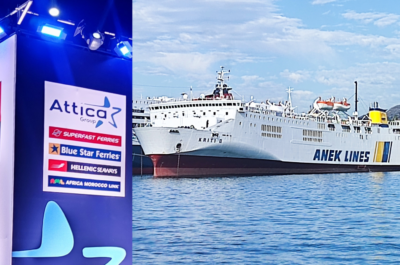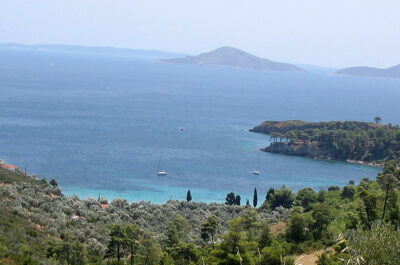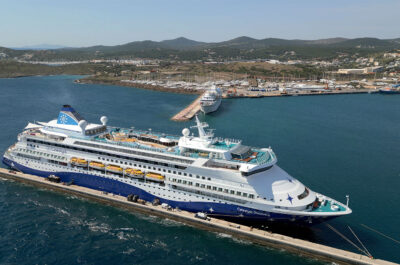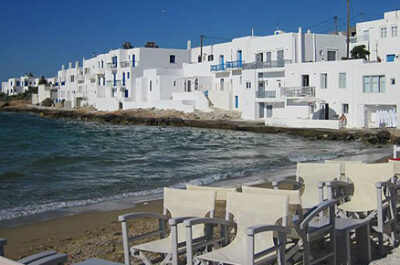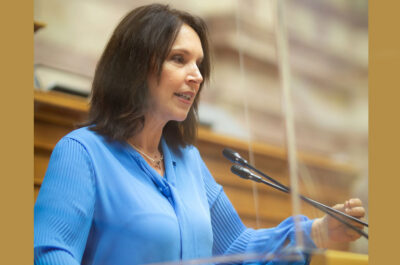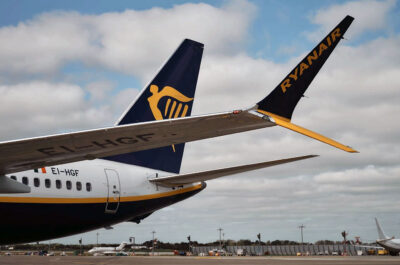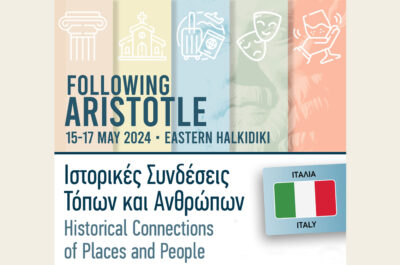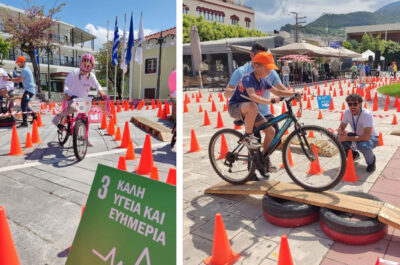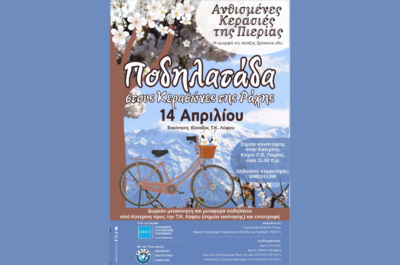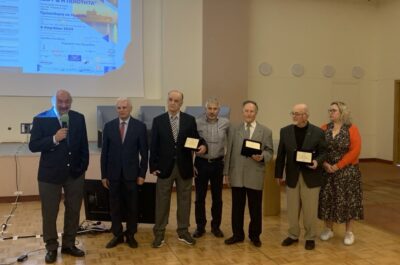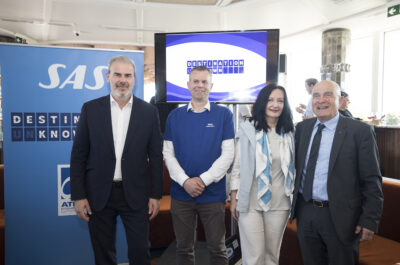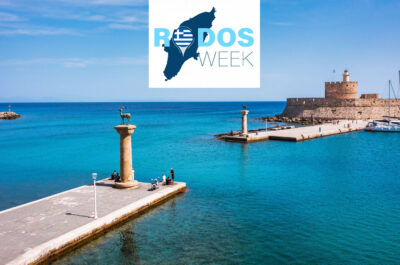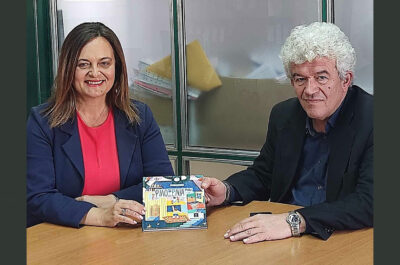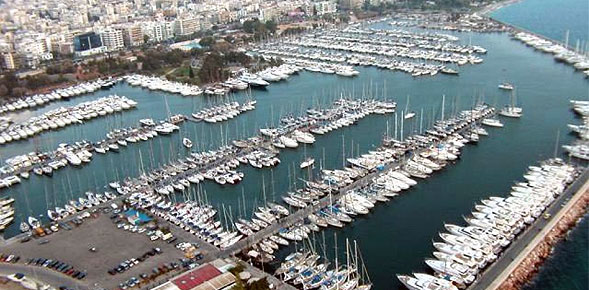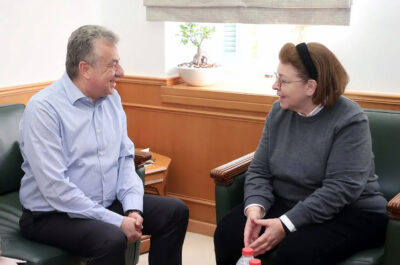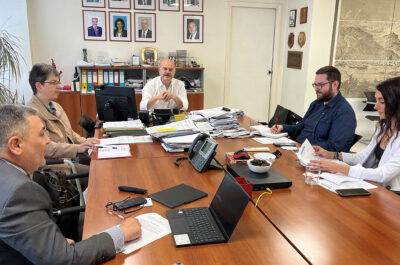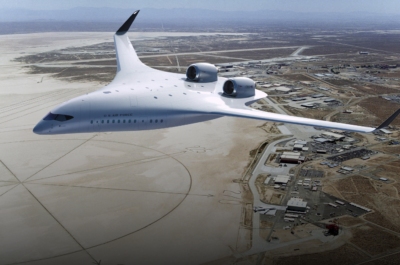“The Internet will no doubt improve communication and act as a tremendous information source but it will never replace the need for industry gatherings as a key part of the […]
“The Internet will no doubt improve communication and act as a tremendous information source but it will never replace the need for industry gatherings as a key part of the business sector.”
TOM NUTLEY
Managing Director, Reed Travel Exhibitions
Chairman ETTFA
Q: Do you agree that destination – type tourism exhibitions are in a decline? If so, will this decline continue or do you believe they will attempt to change their format in some way?
A: I do not agree that they are in decline. The majority of exhibitions serving this market segment are still growing and I believe this will continue in so long as we maintain continuous leisure travel growth on a worldwide basis. I do however believe that it is and will become more difficult to attract quality buyers in addition to information seekers and this is where exhibition organisers will have to be both more focused and creative in order to attract these specialist buyers.
Q: Do you foresee a strong increase in specialized product exhibitions and new market exhibitions. If so, will this be a short-lived experience or long-term trend in exhibitions in general?
A: Again, this really depends on market growth. Exhibitions only serve a market that exists. If that market is large enough or growing at an exponential rate is there a need for an exhibition to serve a particular segment or new product? By their very nature this type of exhibition tends to have a more volatile lifespan and will be more severely affected by short-term trends. I believe there will always be a need for this type of exhibitions, but here it is even more important to be aware of, and act quickly to, market forces.
Q: Overall, the tourism sector is undergoing a very difficult period. Is this the right time to attend exhibitions? Or has the decline after Sept 11 and Bali severly affected participation?
A: Since September 11th travel and tourism has been undergoing a difficult period. It is exactly for this reason that I believe exhibitions are even more important in ensuring that individual companies are aware of the changes in pattern of the leisure market that has taken place since those tragic events. Many destinations have lost what previously were their main visitor segments and need to replace their traditional strong markets from new areas and regions. There has been some decline in participation at exhibitions since September 11th but when you consider how many people have been made redundant over the past 12 months, this is hardly surprising.
Q: Is the Internet trend with its online travel, destination information, etc., a threat to all types of tourism exhibitions? Do you believe there is a future in online trade fairs?
A: I do not believe the Internet is a threat to exhibitions. Exhibitions are successful for one main reason and that is the opportunity for face-to-face meetings with many people from all parts of the world in a short timeframe at an industry gathering. The Internet will no doubt improve communication and act as a tremendous information source but it will never replace the need for industry gatherings as a key part of the business sector.
Q: With the above in mind, will travel and tourism exhibitions of the future be forced to concentrate only on business – to business or will be a place for the consumer?
A: Travel exhibitions exist both to serve a business-to-business function and a business-to-consumer function. Some exhibitions achieve both successfully, some focus on either of the above successfully. It will only be if the market forces change dramatically the exhibitions would need to re-focus their marketing strategy.
Q: What future technology changes do you expect to make exhibitions more effective, e.g., huge destination wall screens, computer – placed exhibition mapping throughout a fair, etc.?
A: The biggest changes I see regarding the use of new technology in exhibitions is more in terms of the switch to one-to-one marketing where the Internet has provided the opportunity to target effectively and at low cost those individuals you wish to attract to your event, be it buyer or seller. The new technology also allows for more effective communication with greater flexibility in deadlines because of the ease of communicating on a worldwide basis in real time.
Q: Greece’s Philoxenia travel exhibition continues to try to cement a position as Southeastern Europe’s Mediterranean tourism fair. Do you believe it can succeed under the present circumstances?
A: While an exhibition can only reflect the market it serves, it is also true that an exhibition can only position itself as serving a market segment if it attracts sufficient buyers and sellers from that segment that is large enough to be representative and meaningful to the industry.
Q: Do you believe exhibition organizers in Europe are ready to merge, cooperate or consolidate?
A: ETTFA by its very existence proves that exhibition organisers in Europe are more than willing to co-operate and I do believe that with the ever-increasing importance of databases and industry information there will be the need for more formal alliances between exhibition organisers and specialist market segments such as Travel.
Q: Do you foresee a trend in exhibition venue changes as in the case of EIBTM, which may change venue every five years. For example, could a cooperation among Mediterranean exhibitions result in one major exhibition that moves to different Med destinations periodically?
A: I do not see a new trend in venue changes such as EIBTM. EIBTM is positioned as, and recognised as, the European event for the Meetings & Incentive industry. As such it can be held in any Meetings & Incentive city within Europe. The majority of the leisure focused events are primarily successful because of their core market. For example, ITB’s core is the German outbound market; WTM’s core is the inbound and outbound market to the UK; FITUR has a strong base for inbound and outbound particularly in reference to Spanish-speaking countries. Were any of these events to be held in a different country, they would effectively lose their core strength.
Συνεκδότης του TravelDailyNews Media Network από το 1999 που περιλαμβάνει τρεις εκδόσεις για τη Διεθνή αγορά, τις αγορές της Ασίας και του Ειρηνικού και την αγορά της Ελλάδας και της Κύπρου.
Είναι υπεύθυνος για την στρατηγική ανάπτυξη του δικτύου, τις συνέργειες, και τη διεθνή αγορά.
